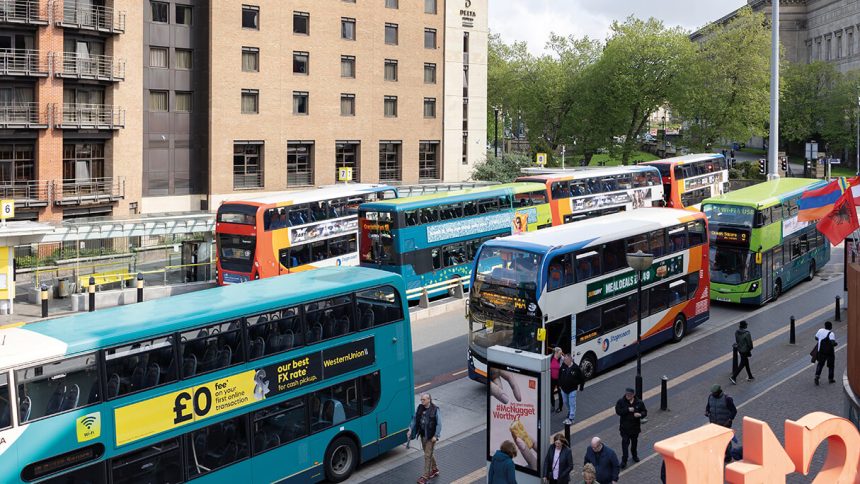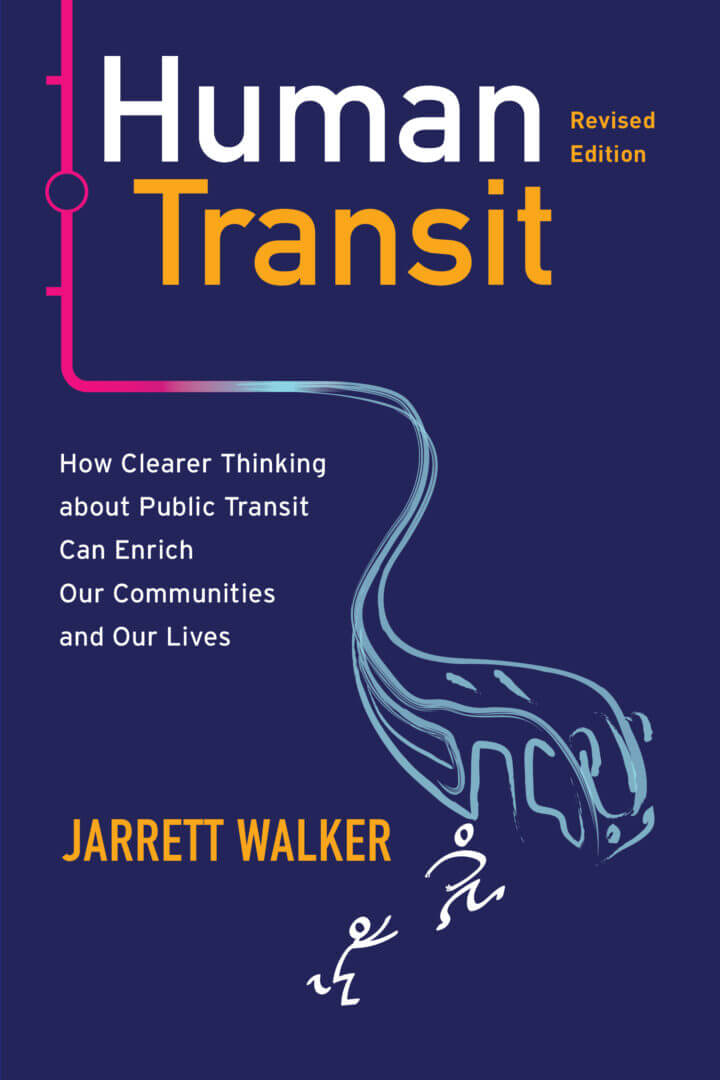Public transport consultant Jarrett Walker compares the evolution of bus networks to adding extensions to a house. “One by one these bits make sense, but over time they can destroy the design of the house,” he writes on his blog.
The tendency of bus networks to evolve — as tweaks are often regularly made here and there to improve a service — is understandable. Network redesigns are not only risky but are almost certain to be met with a high degree of objection.
Yet Jarrett says cities need to periodically consider overhauling their public transport networks to better serve changing cities and expanding populations.
Further, on a recent visit to the UK, the American was full of questions about why certain conurbations’ services operate as they do.
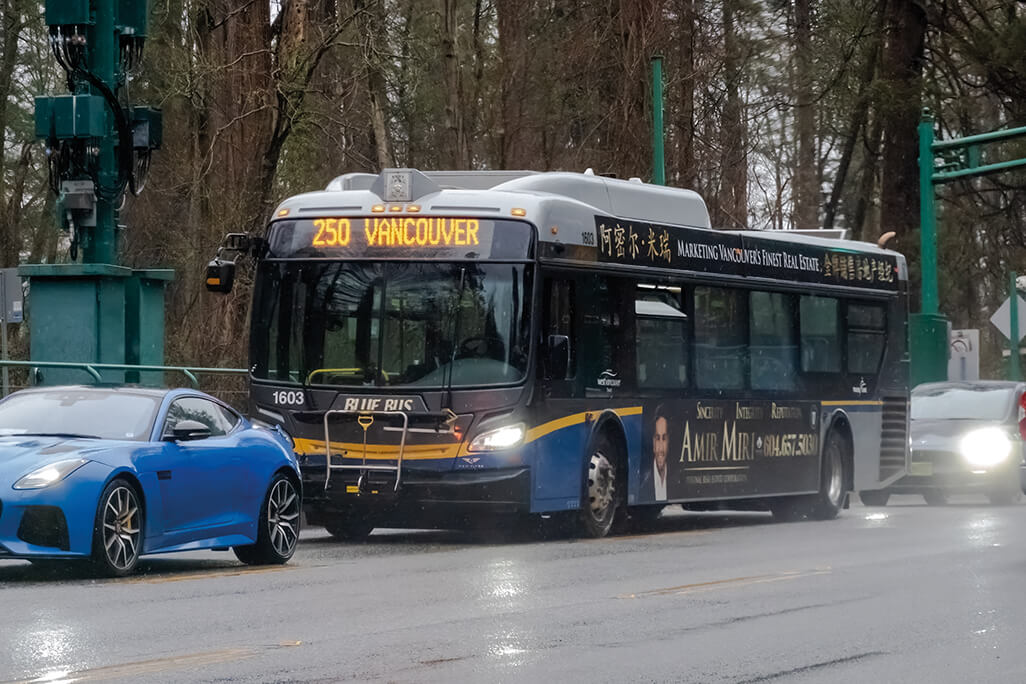
His business, Jarrett Walker and Associates, has worked with several cities all around the world in not only planning service improvements but, equally crucially, engaging with stakeholders and the public to make it happen.
From Miami to Moscow, from Dublin to Dallas, he has worked with local authorities to transform networks.
With more cities in the UK likely to franchise bus services in the coming years, giving local authorities full power over where they run, the value of redesigns is likely to be greater in future.
While on a tour of the UK to promote a newly revised edition of his book Human Transit: How clearer thinking about public transit can enrich our communities and our lives, Jarrett explained to routeone why he believes your bus network could be well out of date.
He spoke to us from Birmingham, which bemused him with bus routes appearing to him to end at various edges of the city centre, forcing pedestrians to walk across the pedestrianised zone if they need to cross the city.
Fighting negative feedback
One of the biggest challenges for operators or authorities wanting to radically change their networks is the pushback from the local community which Jarrett says is inevitable.
“Every bus everywhere has [about] three people on it who really appreciate it and who will fight to defend it doing exactly what it’s always done,” he says. “
“There is resistance absolutely everywhere, it is a universal feature of human nature — even with the most completely ridiculously obsolete networks. People who are unhappy about the changes comment very loudly and people who like the proposed changes don’t comment at all.”
Where his agency comes in is helping to convince operators and authorities that a network redesign is worth the negative feedback, and how to portray that to the public.
There is resistance absolutely everywhere, it is a universal feature of human nature — even with the most completely ridiculously obsolete networks – Jarrett Walker
“In a franchise context, it’s ultimately the elected official who takes the heat for it and who needs to be convinced,” Jarrett says.
“We focus all of our work on the question of, given that people are going to be angry about anything we change, how do we tell the story with data about what we’re going to achieve that makes it worthwhile for an elected official?
“When I’m beginning a network redesign, if I have access to local leaders, I am always saying, ‘This is going to be really controversial. If you’re not willing to sit through some anger, don’t start.’”
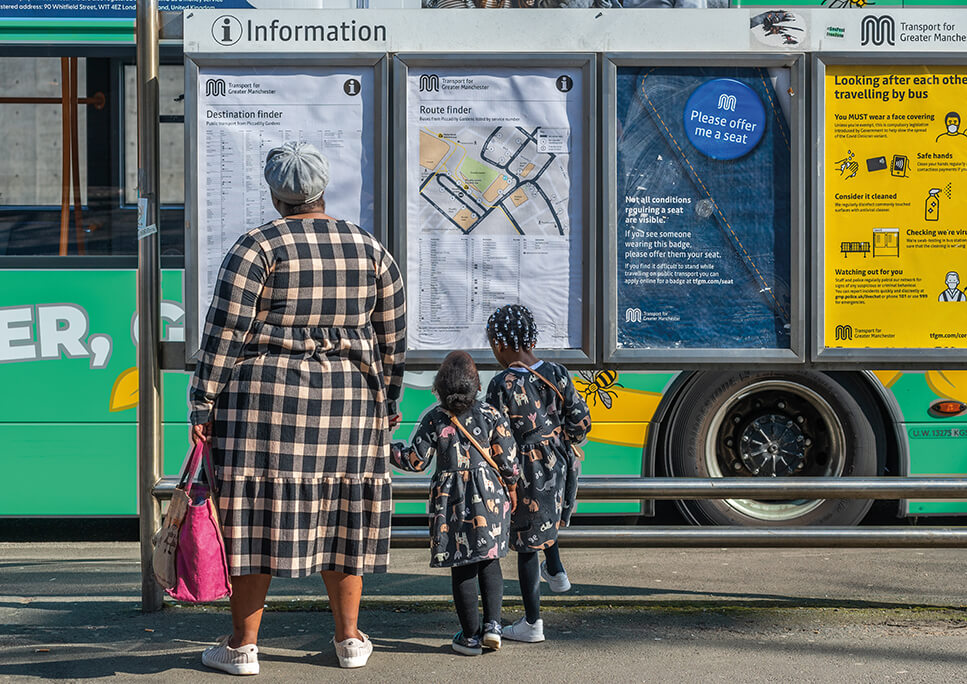
Several cities in the UK have Jarrett scratching his head when it comes to bus networks. “When I start asking around locally about why the buses do these things, I quickly hear narratives about history,” he says, adding that, if that is the explanation, it is a good sign it’s time for change.
Success in Dublin
Dublin is an example close to home of the work of Jarrett Walker and Associates. In 2017 and 2018, he was commissioned by the National Transport Authority (NTA), the rough equivalent of Transport for London, as it tried to increase bus ridership and improve access in the Irish capital. Among the problems identified were frequent services running only to the centre, overcomplexity of the network and having so many buses in the centre that they were getting in each other’s way!
The resulting redesign was what was claimed to be a simpler network centred on eight main “spines”, more frequent services — especially off-peak and at weekends — and more orbital connections.
It created an increase of 23% in bus services and of 16% in the number of residents living within 400m of a frequent bus service to the city centre.
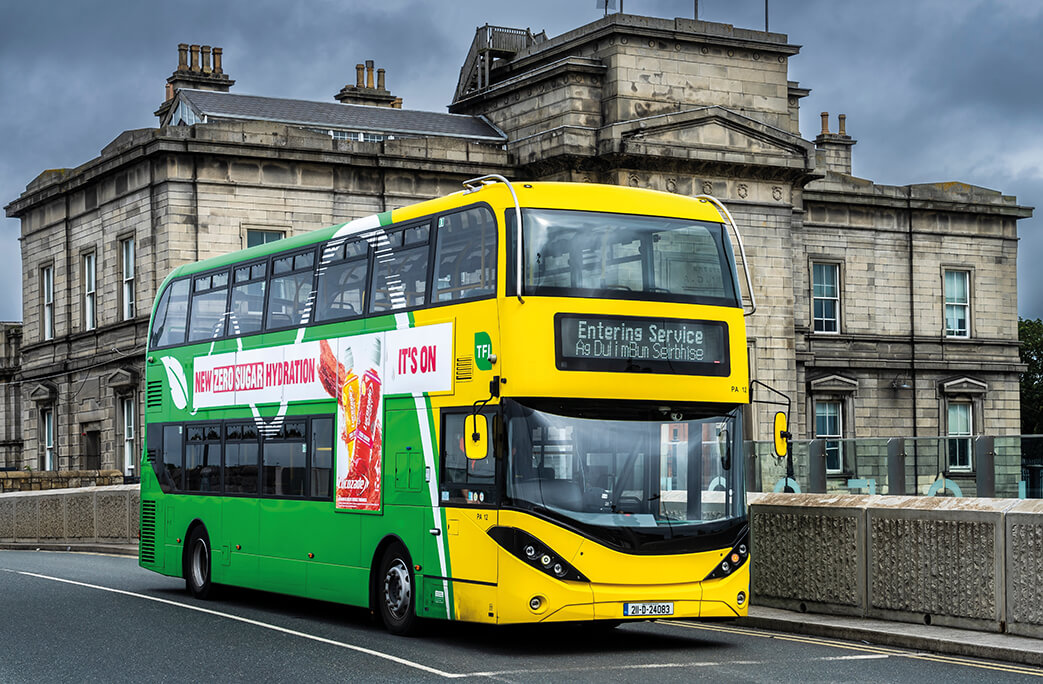
The “BusConnects” project to reform the network has been phased in since 2021 and is ongoing.
NTA reports that passenger journeys in Dublin increased by 24% in 2023 versus 2022 and 5% over the previous record in 2019.
The authority claims routes included in the first five phases of redesign saw a 26% rise in patronage over equivalent routes that were in place in 2019 and that this is compared to a 2% rise over the same period for parts of the network that had not been altered.
Support for franchising
Reregulation not only makes network redesign easier, but it makes it more effective. It’s not unsurprising, therefore, that Jarrett is a big believer in franchising when used in the right environment.
“There’s a good reason deregulation was never done in London,” he begins.
“A city above a certain size just can’t function without franchising because, as a city grows denser and more complicated, it becomes more dependent on public transport and that means that public transport has a more profound effect on the economy and life of the city and that means government has to care more.
“Government simply must care because public transport can influence so many things about whether a city functions and so the problem with deregulation, although it arguably maybe works fine for rural and intercity services, was that government did not have the levers it needed to integrate public transport into town planning, for example.”
A city above a certain size just can’t function without franchising – Jarrett Walker
He adds that franchising “creates that confidence to make it possible to do the kind of redevelopment patterns that allow public transport to succeed. That’s why it matters more in big cities.”
The importance of maps
As an expert more generally in public transport, another issue that Jarrett singles out when it comes to UK buses is a lack of easy availability of network maps, as he perceives it.
An over-reliance on journey planning apps such as Google Maps is a problem not unique to the UK, he believes.
“Sure, there are people on the bus who use a particular service all the time and therefore know what it does but, when I’m in London, despite being a bus advocate, I don’t use the buses because the buses are not trying to be understood.
“I use the Tube because it’s trying to be understood. I need to understand my options and, as a map person, I experience that spatially.”
He adds: “There’s a whole amount of work to be done in bringing the town planning process better into alignment with public transport and with buses in particular, but that’s not going to happen if there aren’t clear maps.”
AI and network planning
Artificial intelligence and technology in general are increasingly playing a role in designing bus services. However, Jarrett argues these cannot replace the role of a transport consultant.
“We have competitors who like to say we fed all the data into the computer and this network came out, therefore you should like it,” he says.
The problem with that, he explains, is “there are so many different definitions of success that different people are bringing to the public transport conversation”.
He adds: “You’re never going to program those into AI and have it get the right answer because many of these definitions of success are not particularly quantifiable.”
In addition, Jarrett would argue his team do a better job than a computer of getting local authorities and other stakeholders behind network redesigns in spite of possible negative public reaction.
Future of public transport
In a world where several factors such as autonomous cars, trends towards short-term car hires, e-scooters and decarbonisation are likely to tug in various directions in the private versus public transport battle, Jarrett appears confident that the latter has a “great future”.
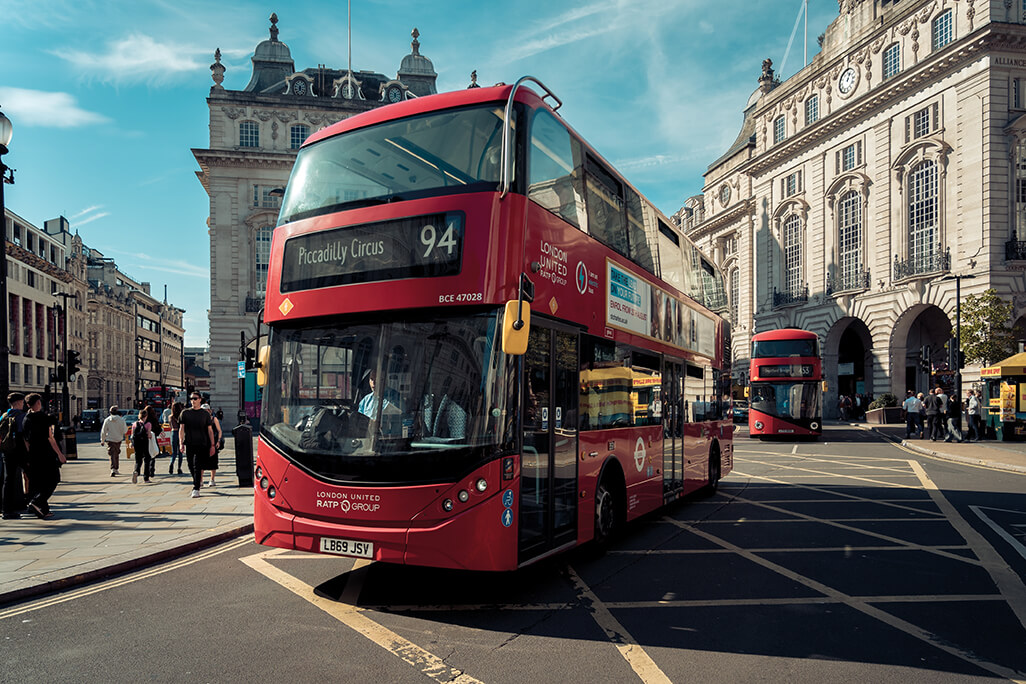
It is a battle that public transport must win, he says. “A defining feature of a city is that there is not much space per person,” he says.
“Public transport is the thing that can take people further than they walk or cycle while still not taking more than their fair share of the limited space.
“The problem with cars in cities is that they simply take more space than there is and that’s why you have congestion charges, and I hope you will see more of them. Ultimately, it is an extremely inefficient use of the scarce space in the city to be trying to get through it in cars. Because of the fact it is scarce, it should be expensive.”
He also believes cities in the UK can replicate the success of London’s public transport network. Although bus usage in London is dropping, it remains much higher than for elsewhere in the country.
“I think that the kind of success that London has seen is available to Manchester, to Liverpool, to the other major cities, at a different scale with a somewhat appropriate adjusted definition of success.”
Jarrett Walker and Associates: https://global.jarrettwalker.com/





















